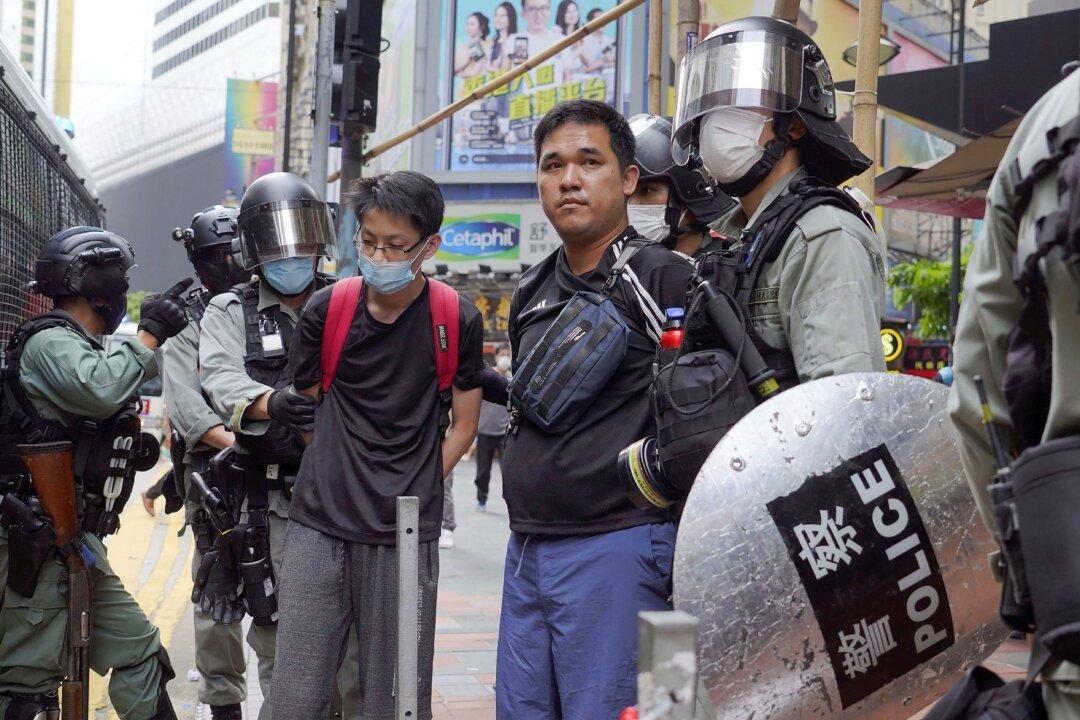Commentary
Mr. Speaker, it is my painful duty to rise here today to apologize for the Canadian government’s failure to stand with the people of Hong Kong in their hour of need.

Mr. Speaker, it is my painful duty to rise here today to apologize for the Canadian government’s failure to stand with the people of Hong Kong in their hour of need.